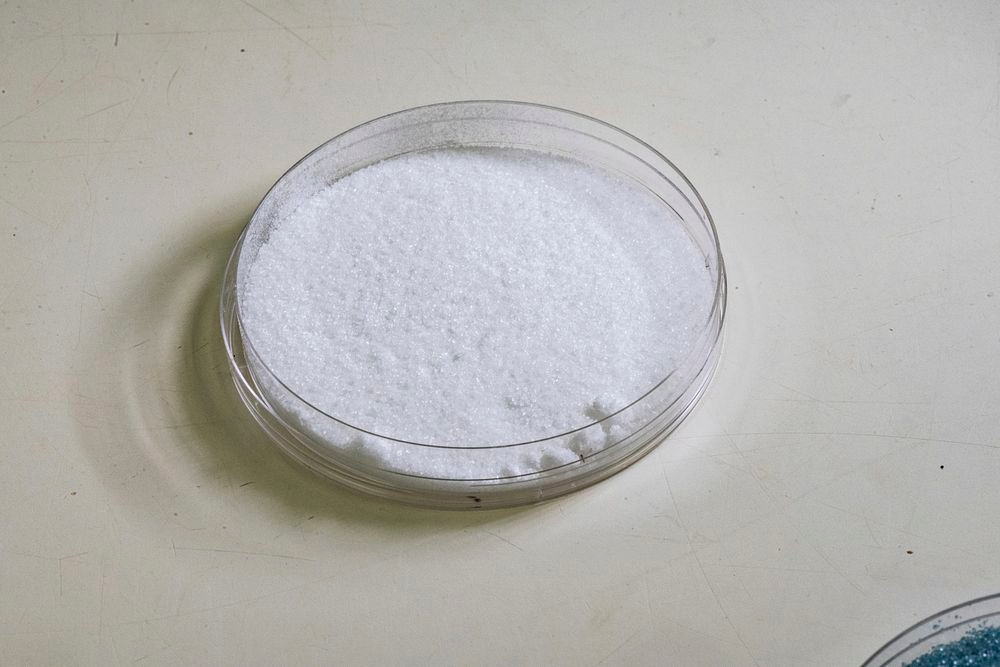The Role of Potassium in Aquatic Plant Health
Introduction to Potassium's Role in Aquatics
In the delicate ecosystem of an aquarium, every nutrient plays a pivotal role, and potassium for aquarium plants is no exception. It's a key player in overall plant vitality and growth, influencing various physiological processes.
Understanding Potassium in Aquarium Settings
Potassium in aquarium setups is often less talked about than nitrogen and phosphorus, but its role is just as crucial. It acts as a catalyst for many plant functions, including the opening and closing of stomata and enzyme activation.
The Necessity of Potassium for Aquarium Plants
For any aquarist looking to promote healthy plant life, ensuring a sufficient supply of potassium for aquarium plants is a must. It supports robust growth and aids in disease resistance.
Identifying Aquatic Plant Deficiencies
One of the challenges in maintaining a lush aquarium is spotting aquatic plant deficiencies. These can manifest as stunted growth, yellowing leaves, and weak root systems, often indicating a lack of essential nutrients like potassium.
Combatting Potassium Deficiency in Aquarium Plants
Potassium deficiency in aquarium plants can lead to significant health issues. Recognizing the signs early on and addressing them can prevent long-term damage to your aquatic garden.
Recognizing the Signs of Potassium Deficiency
The symptoms of potassium deficiency can range from chlorosis to necrosis in leaf tissue. Understanding these signs is the first step in correcting the imbalance.
The Critical Nature of Potassium Uptake
Potassium uptake is a process that plants continuously undertake, and ensuring that your aquatic plants have access to this nutrient is vital for their overall health.
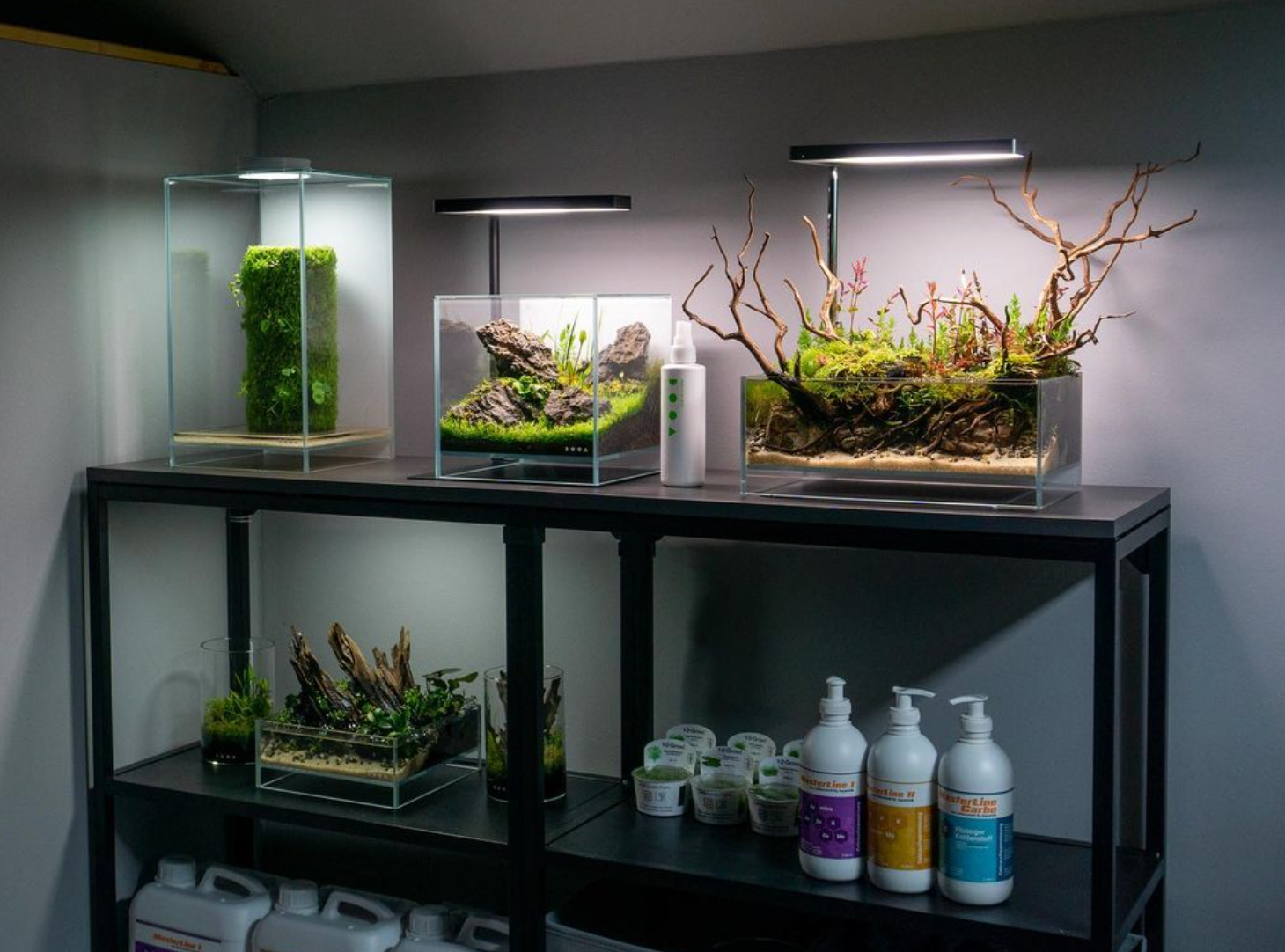
Utilizing Potassium Fertilizers in Aquatic Settings
For aquarists, potassium fertilizers serve as an easy and effective way to supplement this essential nutrient, especially when natural water sources do not provide sufficient amounts.
Influence of Potassium on Plant Growth
When it comes to plant growth, potassium is as critical as sunlight and CO2. It aids in photosynthesis, nutrient transportation, and overall growth regulation.
Potassium's Interaction with Sandy Soils
In aquariums with sandy soils, potassium can be particularly deficient due to its quick drainage through the soil, making supplementation necessary.
Clay Minerals and Their Role in Potassium Retention
Clay minerals can hold onto potassium ions, slowly releasing them for plant uptake. This natural process helps maintain potassium levels but can vary based on the type of substrate used in the aquarium.
Potassium Chloride: A Common Supplement
One of the most common potassium supplements used is potassium chloride. While effective, it's crucial to dose carefully to avoid harming sensitive aquatic life.
Balancing Nutrients with Lighting and CO2
Providing the right amount of nutrients is just as important as ensuring sufficient lighting and CO2. All these elements work in synergy to support a thriving planted aquarium.
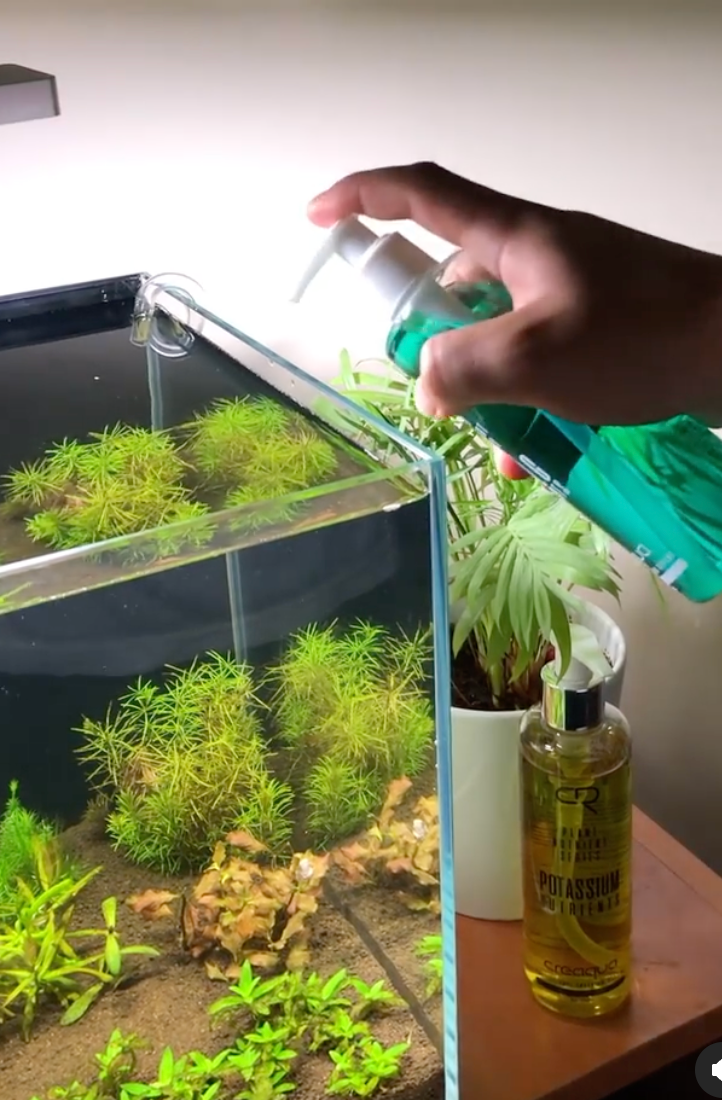
The Importance of Dosing Correctly
When it comes to nutrients like potassium, more is not always better. Understanding how to dose correctly to avoid potassium deficiency without over-fertilizing is key.
The Impact of Excess Potassium
Just as a deficiency can be problematic, excess potassium can also cause issues, competing with other nutrients and leading to imbalances.
Quality of Ceramics in CO2 Diffusers
The quality of the ceramics in CO2 diffusers is essential for good absorption. High-quality ceramics ensure that CO2 is diffused efficiently, aiding in the uptake of potassium and other nutrients by plants.
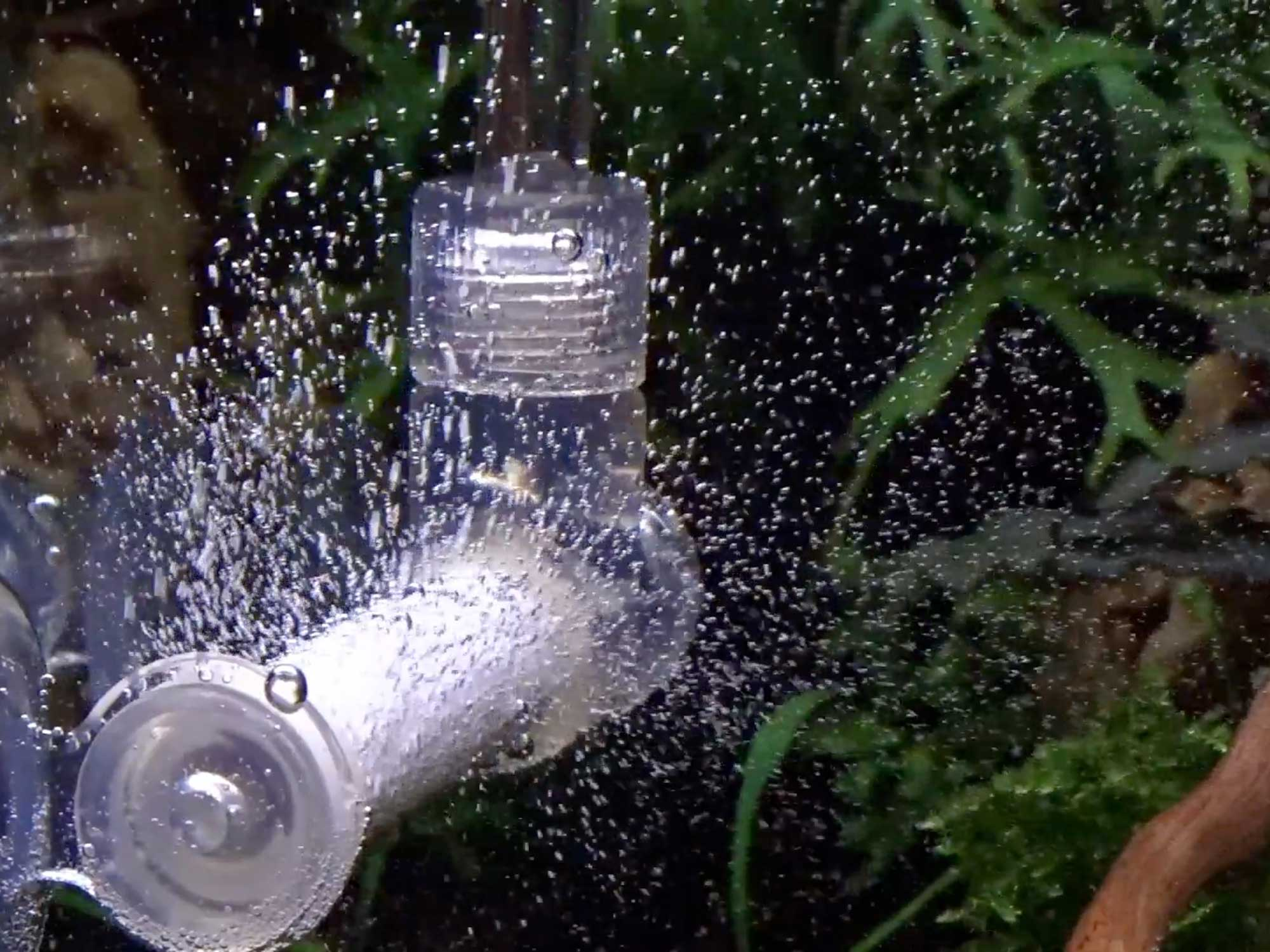
Monitoring Potassium Levels for Optimal Health
Regular monitoring of potassium levels will ensure that your plants are getting what they need when they need it, promoting optimal health and growth.
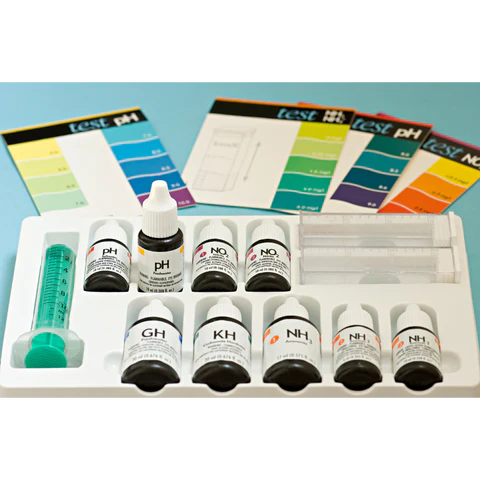
The Long-Term Benefits of Stable Potassium Levels
Maintaining stable potassium levels can have long-term benefits for your aquarium, leading to lush plant growth, vibrant colors, and a balanced ecosystem.
Advanced Methods for Testing Potassium
For the dedicated aquarist, advanced testing methods can provide precise readings of potassium levels, allowing for fine-tuned adjustments to your aquarium's nutrient regimen.
Conclusion: The Integral Role of Potassium
Potassium plays a fundamental role in the health and growth of aquatic plants. By understanding its importance, correctly dosing fertilizers, and ensuring a balanced environment with adequate lighting and CO2, aquarists can cultivate a flourishing aquatic garden that is both aesthetically pleasing and healthy for all its inhabitants.




